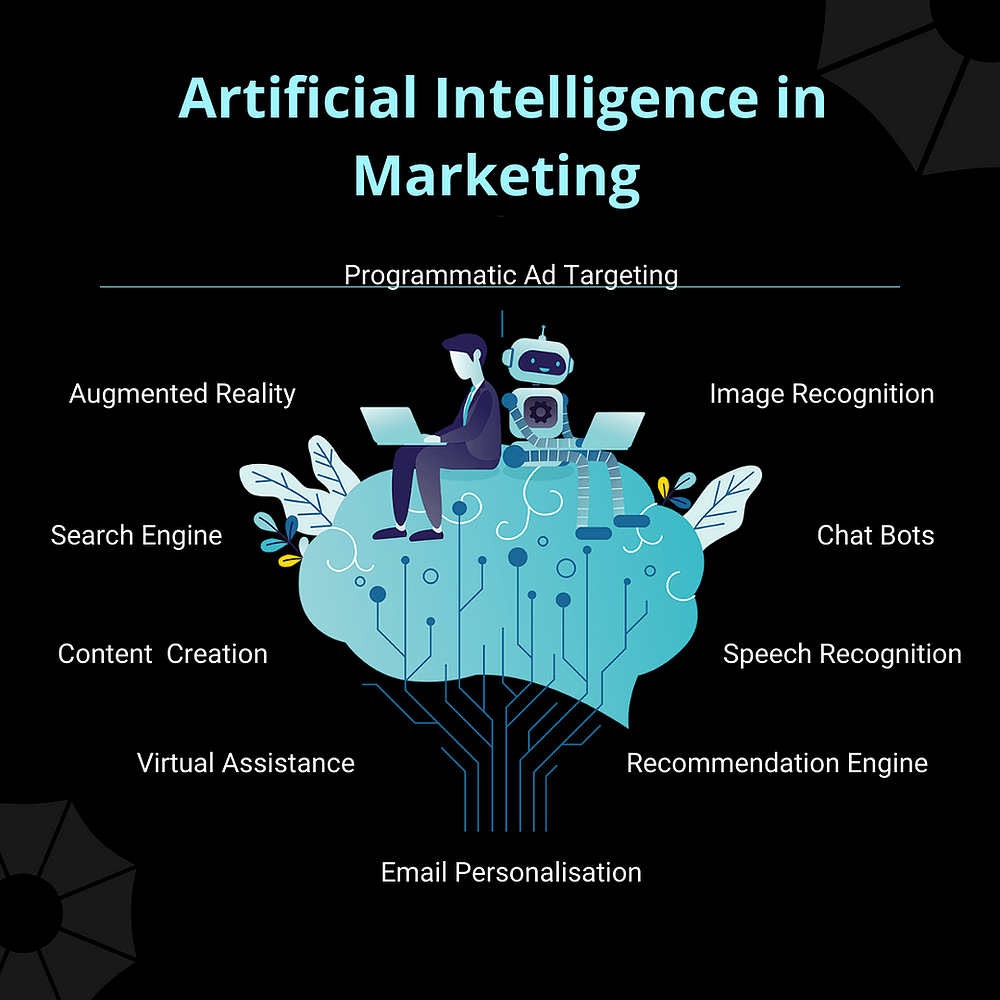In today’s rapidly evolving digital landscape, marketing managers find themselves at the crossroads of innovation and tradition. The advent of artificial intelligence (AI) in marketing has ushered in a plethora of possibilities, enabling professionals to harness data and automate processes in ways previously unimaginable. Yet, the decision to integrate AI into marketing strategies can pose challenges and uncertainties. This exploration elucidates how and when a marketing manager should embrace AI to navigate the complexities of their campaigns effectively.
Understanding AI in Marketing
AI in marketing refers to the utilization of algorithms and software to analyze consumer behavior, automate repetitive tasks, and personalize marketing messages. By leveraging vast amounts of data, AI-powered tools can discern patterns, predict outcomes, and generate insights that help tailor campaigns to specific audiences. Such capabilities can substantially enhance efficiency and improve the likelihood of a campaign’s success.
Identifying Opportunities for AI
As a marketing manager, recognizing the optimal junctures for AI integration is crucial. There are several scenarios where AI can provide a competitive edge:
- Data Analysis: Companies are inundated with data from various sources, including social media interactions, website visits, and customer feedback. AI can process this data expeditiously, transforming it into actionable insights.
- Predictive Analytics: AI tools can use historical data to forecast future consumer behavior. This can be invaluable when planning marketing strategies, ensuring resources are allocated effectively and targeting the right demographics.
- Content Personalization: Personalization is paramount in modern marketing. AI can help craft tailored messages for individual consumers, enhancing engagement and conversion rates.
- Chatbots and Customer Service: AI chatbots can handle customer inquiries, providing instant responses and freeing up human resources for more complex tasks.
- Automating Ad Campaigns: AI can optimize ad spend by automatically adjusting bids based on performance data, ensuring that marketing budgets are spent wisely.
Types of Content to Expect from AI Marketing Strategies
A marketing manager leveraging AI can anticipate a diverse range of content types, each with its unique benefits:
- Automated Blog Posts: AI can generate articles based on trending topics and keywords. While the content may require human tweaking for tone and nuance, it can serve as a valuable starting point, helping maintain a consistent publishing schedule.
- Social Media Posts: AI tools can analyze the best times to post and suggest optimized content. This ensures that the messaging resonates with the target audience and increases engagement rates.
- Email Campaigns: AI can segment audiences based on behavior and preferences, helping in crafting personalized email messages that lead to higher open and click-through rates.
- Visual Content Creation: With advancements in generative design technologies, AI can create compelling images, infographics, and even videos. This can significantly reduce costs in content production.
- Customer Feedback Analysis: Through sentiment analysis, AI can sift through reviews and social media comments to determine how customers perceive a brand. This feedback can inform future marketing strategies.
Challenges to Consider
Despite its myriad advantages, integrating AI into marketing strategies is not without its hurdles. Marketing managers must navigate potential pitfalls, such as:
- Data Privacy Concerns: With the increasing scrutiny on data collection practices, ensuring compliance with regulations while leveraging AI’s capabilities is vital.
- Dependence on Technology: Relying too heavily on AI can lead to a lack of personal touch. It’s essential to strike a balance between automation and authentic human engagement.
- Implementation Costs: The initial investment in AI technologies can be substantial. Assessing return on investment (ROI) is crucial for long-term sustainability.
- Skill Gaps: Not all marketing teams possess the technical expertise required to manage and interpret AI tools effectively. Continuous training is essential.
Strategic Implementation of AI
For marketing managers looking to incorporate AI, a strategic approach is paramount. Here are several steps to ensure a seamless transition:
- Define Clear Objectives: Establish what you hope to achieve by integrating AI. Whether it’s enhancing customer engagement or increasing conversion rates, clear goals will guide your strategy.
- Choose the Right Tools: Invest in AI applications that align with your objectives. Extensive research and trials can help identify the most suitable solutions.
- Pilot Programs: Before a full-scale rollout, consider implementing a pilot program. This allows for testing and refinement of AI applications in real-world scenarios.
- Monitor and Adapt: Continually assess the performance of AI-driven strategies. Be prepared to make adjustments based on feedback and data analysis.
Conclusion
AI in marketing is not just a fleeting trend; it is a transformative force that holds the potential to redefine how marketing managers operate. With its ability to analyze data, personalize content, and automate processes, AI can help drive intricate marketing strategies that resonate with today’s consumers. By understanding when and how to integrate AI, marketing professionals can pave the way for enhanced efficiency, creativity, and ultimately, success.
